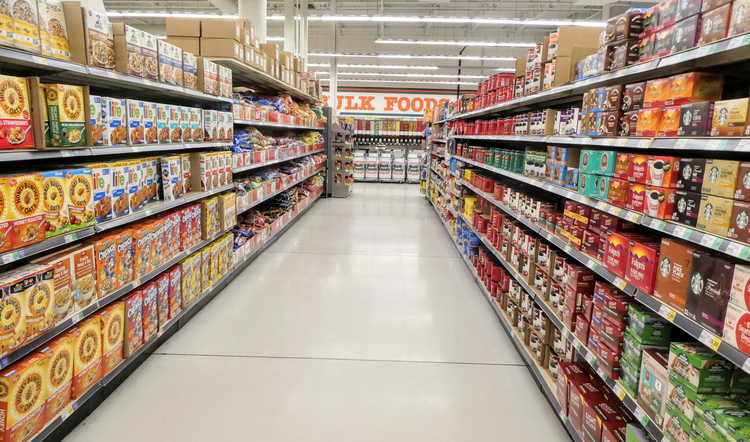Food prices in the UAE stay stable as consumers begin their preparations for Ramadan in March.
In Dubai, food prices in the UAE have remained relatively stable despite the ongoing uncertainties surrounding the Red Sea situation. Local traders and retailers indicate that consumer prices across various food categories are expected to remain unchanged leading up to Ramadan.
To secure stable prices, local traders have expedited their orders and confirmed shipment deliveries, ensuring that prices remain within an acceptable range. These shipments are expected to arrive at local ports well ahead of the start of Ramadan in the second week of March.
At the Gulfood trade show in Dubai this week, discussions on maintaining relative price stability for food staples will take center stage. According to Harish Tahiliani, Managing Director of Arab India Spices, prices for staples such as wheat and Basmati rice have remained steady, with wheat priced at $350 per tonne and Basmati rice ranging from $950 to $1,000 per tonne (freight on board).
Retailers echo similar sentiments, stating that food prices remain stable overall. Any impact from the Red Sea crisis has been primarily limited to niche products sourced from Europe.
Kishore Bhatia, General Manager – Commerce at T Choithram and Sons, emphasizes the importance of agility in navigating unforeseen challenges. He notes that maintaining a diversified network of suppliers enables them to address disruptions swiftly and maintain continuity in distribution efforts.
Reflecting on lessons learned from the past two years, industry players stress the importance of keeping all options open. Disruptions caused by the COVID-19 pandemic and geopolitical tensions have highlighted the need for flexibility in sourcing and supply chain management.
Export bans imposed by India on wheat and non-Basmati rice have impacted the UAE and Gulf markets, prompting local food businesses to diversify their sources of supply. Despite challenges, exporters remain optimistic about adjusting to the new market realities.
Looking ahead, industry sources anticipate potential changes in India’s export policies after the upcoming general elections. However, until then, the status quo is expected to persist, with exporters closely monitoring developments in the market.




